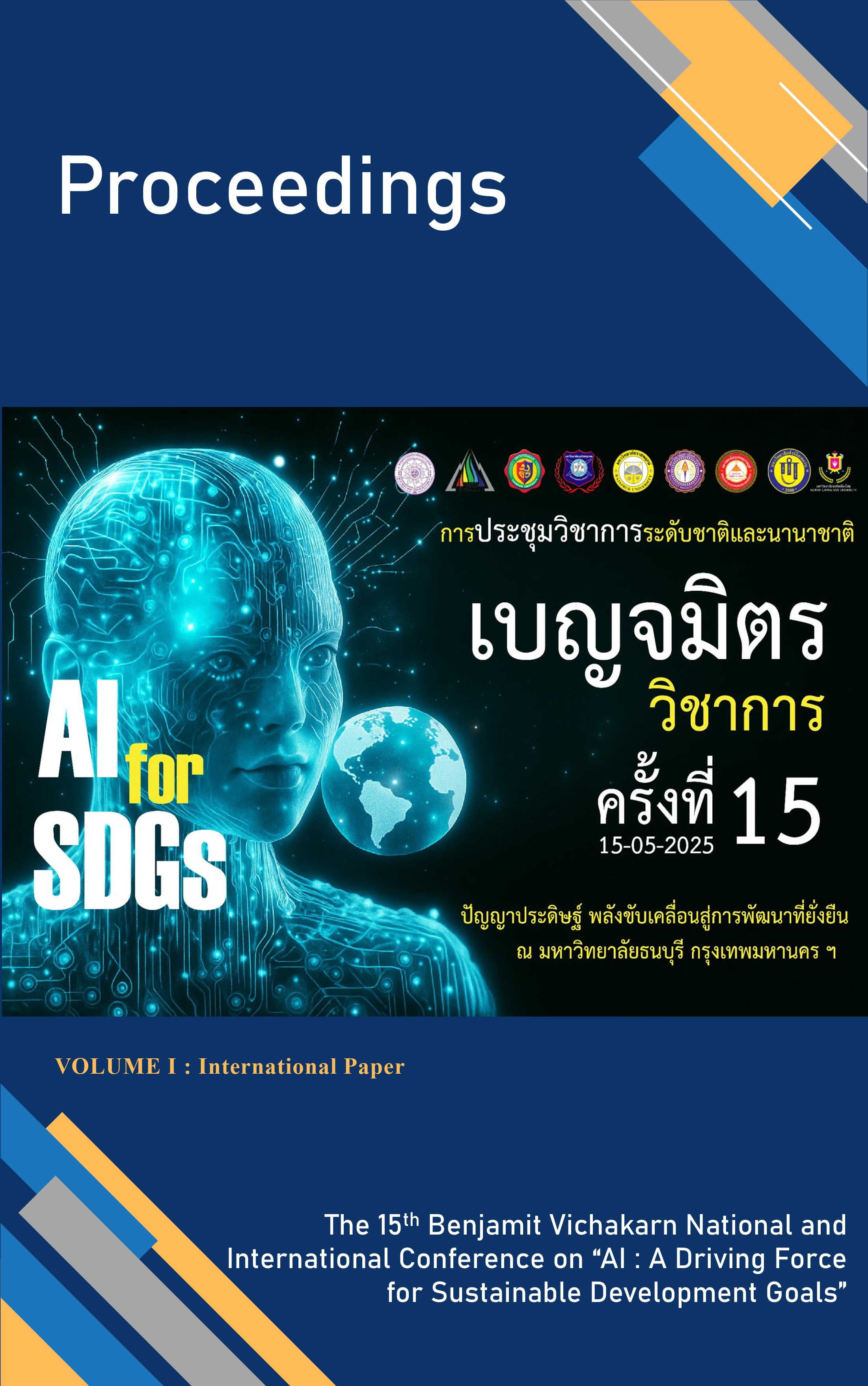The Relationship between Personal Factors, ERG Theory Motivation Factors and Employee Job Satisfaction of Xuzhou Zhongjin Shanty TownReconstruction and Construction Co., Ltd.
เนื้อหาบทความหลัก
บทคัดย่อ
This quantitative study examines the relationship between personal factors, ERG theory motivation factors, and employee job satisfaction at Xuzhou Zhongjin Shantytown Renovation and Construction Co., Ltd., a leading Chinese company in urban renewal. Using stratified random sampling, data were collected from 162 employees across all departments and management levels via a validated questionnaire. Statistical analyses included descriptive statistics (frequencies, percentages, means, standard deviations) to summarize sample characteristics and variable distributions, and inferential statistics to test hypothesized relationships. Specifically, t-tests and ANOVA with post-hoc tests were employed to compare mean job satisfaction levels across different groups based on personal factors, while Pearson correlation coefficients were used to assess the strength and direction of the linear relationship between ERG needs and job satisfaction. The results revealed that age, education level, position level, and work experience were significantly related to job satisfaction, with the highest satisfaction among middle-aged, higher-educated, mid-career, and managerial employees. Gender showed no significant effect. All three ERG needs (existence, relatedness, and growth) were positively correlated with job satisfaction, with growth needs exhibiting the strongest association. These findings highlight the importance of both demographic characteristics and psychological need fulfillment in understanding job satisfaction within the construction sector. The study provides evidence supporting the application of ERG theory in China's construction industry and offers practical recommendations for targeted human resource interventions to enhance employee satisfaction and organizational effectiveness.

